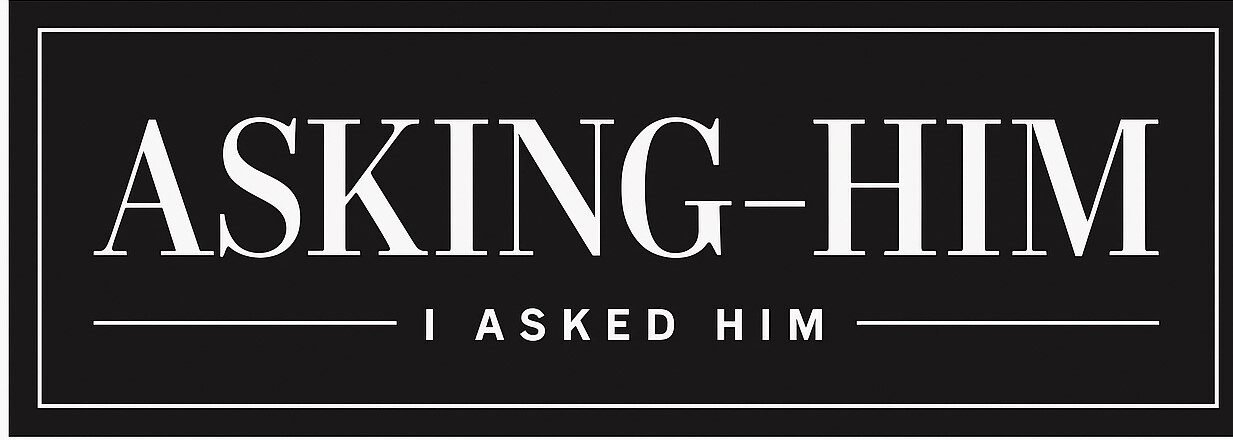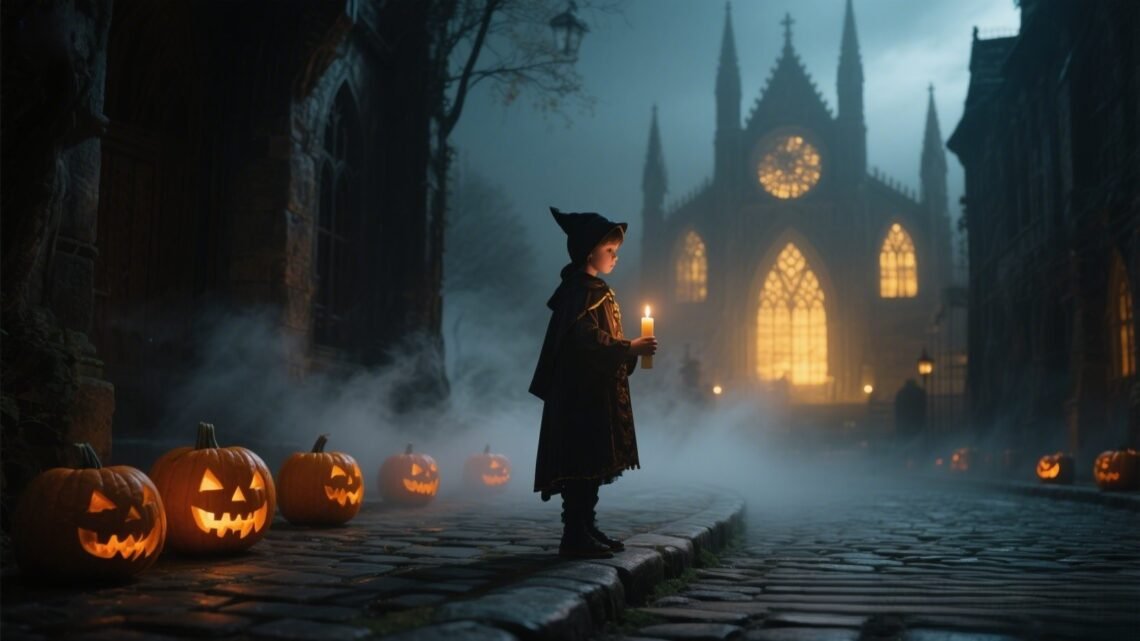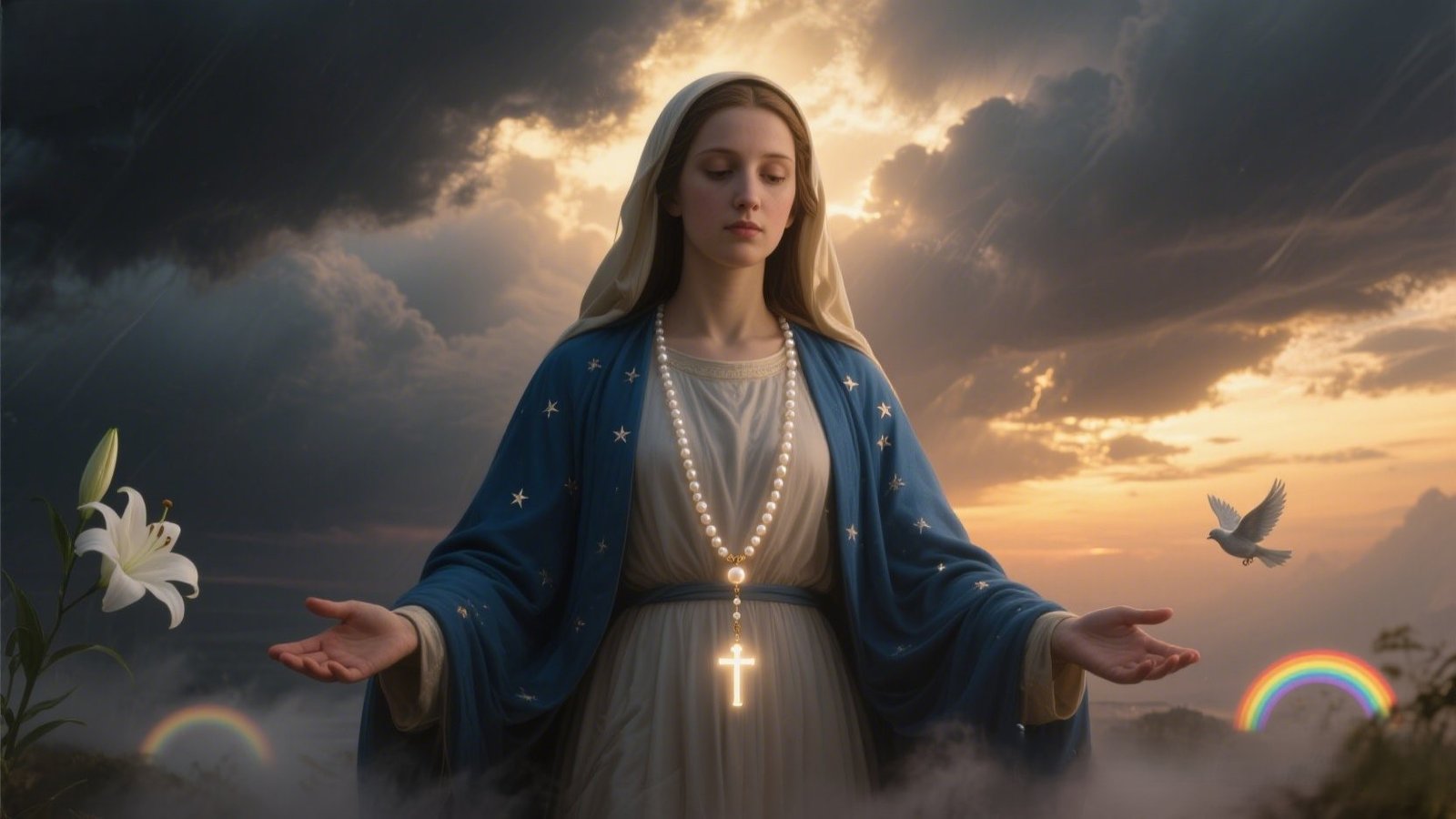Born on Halloween — What Does It Really Mean?
(Part 1 of the “Unmasking Halloween” Series)
It’s the one day of the year when the world hides behind masks — and yet, for some, that’s the day their life began.
To be born on Halloween is to carry a strange mix of fascination and misunderstanding. People tease you, joke about your “spooky” birthday, and expect you to love the eerie glow of jack-o’-lanterns. But deep down, there’s always a quiet wondering — what does it really mean to be born on this night of shadows and celebration?
Because October 31 isn’t just another date on the calendar.
It’s one of the most celebrated, profitable, and misunderstood days in modern history — and yet its roots stretch back to something far older, far holier, and far more mysterious than most realize.
🕯️ Where Halloween Truly Began
Long before store aisles overflowed with plastic skeletons and flashing ghosts, October 31 was known as Samhain (pronounced Sah-win) — an ancient Celtic festival marking the end of the harvest and the beginning of winter.
To the Celts, this was a sacred threshold between seasons — and between worlds.
They believed that on this night, the veil separating the living and the dead grew thin. Fires were lit to ward off spirits, families left offerings for ancestors, and stories were told to explain the unexplainable. It wasn’t evil — it was awe.
Centuries later, as Christianity spread through Europe, the Church sought to transform rather than destroy what people cherished.
Instead of extinguishing the fires of Samhain, it redirected them toward heaven.
By the 8th century, Pope Gregory III declared November 1st as All Saints’ Day, and the night before became known as All Hallows’ Eve — the Holy Evening.
It was meant to honor the saints who had conquered darkness, to pray for departed souls, and to remind believers that death is not the end — it is the doorway to eternity.
🌍 The Global Shift — From Sacred to Spectacle
But history has a way of losing its roots.
By the time Halloween reached the shores of America, the meaning had been diluted — stripped of its vigil, polished for entertainment, and reborn as a night of thrill, costume, and commerce.
Today, Halloween is:
- The second most celebrated holiday in the world — only Christmas surpasses it.
- Responsible for over $12 billion in U.S. retail sales annually — more than Easter or Valentine’s Day.
- A global fascination that mixes fear, fun, and fantasy — without many realizing its spiritual past.
For someone born on that day, it’s impossible to escape its contradictions.
People expect you to throw costume parties, to “own” the vibe of mystery.
They tease you — “You were born on the devil’s day!”
They call you spooky, haunted, unusual — but what if they’ve all misunderstood what October 31 really represents?
✝️ The Day Before Heaven’s Celebration
Because in truth, your birthday is not a curse — it’s a calling.
You were born on the eve of holiness, a night that was meant to prepare the world for the celebration of heaven.
Halloween — All Hallows’ Eve — was created to remind us that light follows darkness, that the saints have already won the victory, and that every soul still has hope.
The Church never sanctified fear. It sanctified remembrance — of those who lived faithfully, of souls in need of prayer, of a kingdom unseen but everlasting.
🌕 When the Sacred Became Misunderstood
Over time, the world’s attention shifted.
The night that once echoed with prayers now echoes with laughter, screams, and masquerades.
The same streets that once glowed with candlelight for the saints now glitter with strobe lights and masks.
But that’s the paradox of being born on this day — it’s standing between both worlds.
You understand light and shadow, joy and fear, reverence and revelry.
Perhaps that’s the mystery of your birth — to carry a message few can embody:
that even on the darkest night of the year, light still burns.
👁️ The Meaning of October 31 Around the World
- In Mexico, October 31 opens the door to Día de los Muertos — a vibrant honoring of life and death intertwined.
- In Ireland and Scotland, ancient bonfires still flicker as symbols of protection and memory.
- In the Philippines, families spend the night in cemeteries, cleaning graves and praying for the departed.
- In the United States, Halloween has become a theater — a celebration of imagination, fear, and fun.
Everywhere, the date speaks to something universal — humanity’s unspoken desire to understand death, mystery, and the unseen.
🌹 A Reflection for Those Born on Halloween
If this is your day, know this:
You weren’t born into darkness. You were born in the midst of it — to be its contrast.
Your birthday carries the echo of saints and spirits, of endings and beginnings.
You were placed on the threshold of heaven’s reminder — that nothing God creates can ever be claimed by the dark.
“The light shines in the darkness, and the darkness has not overcome it.” — John 1:5
You are not haunted by October 31 — you are chosen to redeem it.
🙏 Final Thought
Halloween began as a night of holiness — and it will be holy again when those who walk in the light choose to live unmasked.
If you were born that day, carry this truth:
The world may play with shadows, but you were born to reveal the dawn.
✨ Next in the Series
Part 2 — The Night That Refuses to Be Owned: The True Story of Halloween
Part 3 — What Satanists Believe About Halloween and Why They’re Wrong
Part 4 — How Christians Should Handle Halloween: Redeeming the Night with Light





